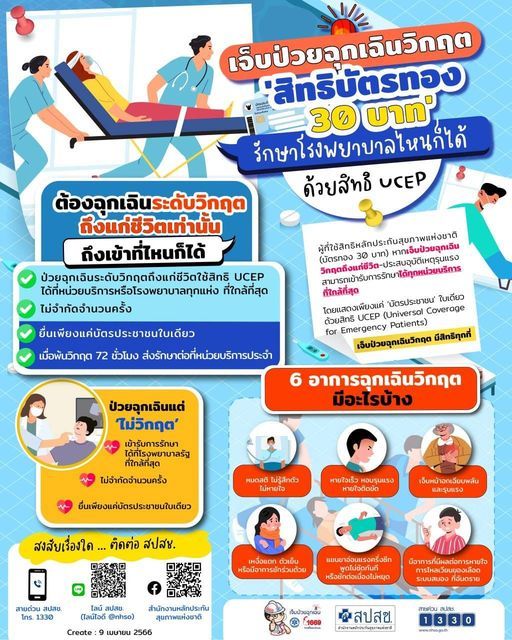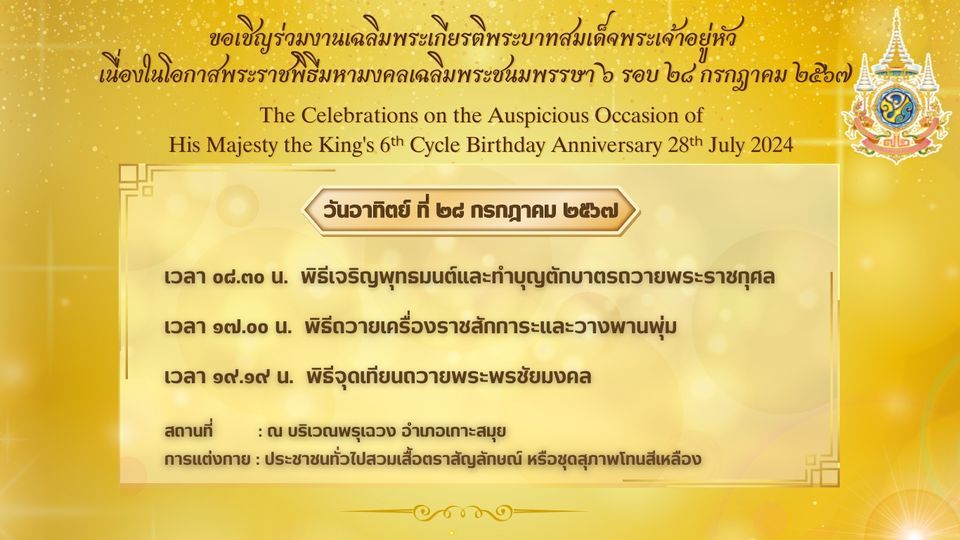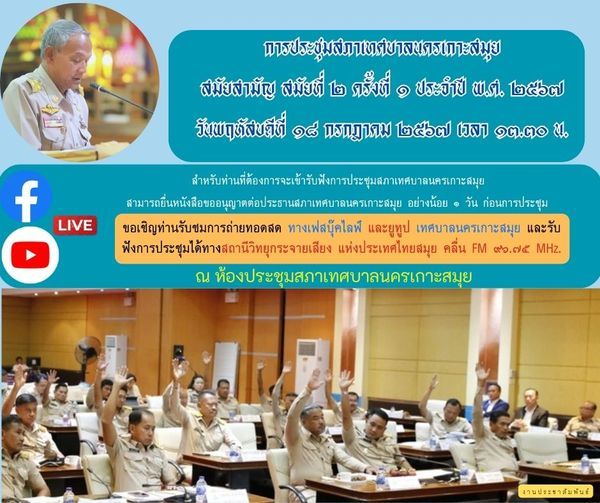Know your UCEP rights for emergency healthcare in Thailand – from loss of consciousness to severe chest pain, the UCEP policy ensures immediate medical assistance for critical conditions. Your health is a top priority, don’t wait till it’s too late! #ThailandHealthcare #EmergencyCare #StaySafe ❤️
In the bustling streets of Thailand, where life moves at an unrelenting pace, the specter of medical emergencies looms as an ever-present concern. For the citizens of this vibrant country, the Universal Coverage Emergency Patients (UCEP) policy is a beacon of hope, ensuring that during the most critical moments, healthcare is within reach.
What are UCEP Rights?
UCEP is a government initiative designed to provide immediate medical attention to Thai citizens facing life-threatening conditions. The cornerstone of this policy is that in the event of a grave medical emergency, individuals have the right to seek necessary treatment at the nearest hospital, regardless of their financial situation.
Recognizing Life-Threatening Emergencies
Identifying a genuine emergency can be the difference between life and death. Here are the six critical symptoms that qualify for UCEP assistance:
1. Loss of Consciousness
When a person is unresponsive, unconscious, and not breathing, it’s clear they require urgent medical intervention. Such a state could indicate a cardiac arrest, overdose, or a severe allergic reaction.
2. Severe Respiratory Distress
If someone is struggling to breathe, with rapid and loud breaths, it signifies a dire need for quick medical attention. Conditions like asthma attacks, pulmonary embolism, or choking fall under this category.
3. Sudden Acute Chest Pain
The onset of intense chest pain can be an alarm for life-threatening events like heart attacks or aortic dissection. Immediate medical care is paramount to survival.
4. Altered Mental Status and Other Serious Symptoms
A sudden change in mental state, excessive sweating, an unusually cold body, or experiencing seizures are all indicators of serious health issues. These symptoms shouldn’t be taken lightly and warrant immediate medical care.
5. Unilateral Weakness
Weakness or numbness on one side of the body, sudden difficulty with speech, or ongoing seizures are symptoms often associated with neurological emergencies like strokes or epilepsy.
6. Other Critical Symptoms
Symptoms that impair breathing, circulation, or neurological functions can be indicative of various life-threatening conditions and should be promptly addressed.
Accessing Emergency Care
When faced with any of these alarming symptoms, Thai citizens are urged to contact the National Health Security Office (NHSO) hotline at 1330 or proceed directly to the closest hospital. The UCEP policy is designed to ensure that no time is lost when life is on the line.
Community Commitment
The Koh Samui City Municipality extends its heartfelt concern for the well-being of its citizens. Through dedicated public service announcements and the support of local health initiatives, it aims to make healthcare accessible to all, reflecting a deep commitment to the community’s health and safety.
In conclusion, understanding UCEP rights is crucial for every Thai citizen. It assures them that in times of medical crises, the system is geared to provide life-saving assistance promptly and efficiently. With the combined efforts of the government, health authorities, and local municipalities, Thailand strives to protect and promote the health of its people.
Frequently Asked Questions
What exactly are UCEP Rights in Thailand?
UCEP, or Universal Coverage Emergency Patients, is a vital initiative by the Thai government that ensures all citizens are entitled to immediate medical attention in life-threatening situations. These rights guarantee that individuals can receive necessary treatment at the nearest hospital in the event of a serious medical crisis, without the concern for financial constraints. UCEP is the country’s commitment to its people, providing a safety net that catches them when they are most vulnerable.
How can one recognize symptoms that qualify for UCEP assistance?
Recognizing life-threatening emergencies is critical. Symptoms that qualify for UCEP assistance include loss of consciousness, severe respiratory distress, sudden acute chest pain, altered mental status, unilateral weakness, or other severe symptoms that affect breathing, circulation, or neurological functions. These signs are harbingers of conditions that require rapid intervention and should be acted upon without delay to ensure the best chance of survival and recovery.
What immediate steps should be taken when faced with a medical emergency in Thailand?
In the face of a medical emergency, Thai citizens should immediately contact the National Health Security Office (NHSO) hotline at 1330 for guidance, or proceed directly to the closest hospital. The protection afforded by the UCEP policy means that precious time should not be lost when life hangs in the balance. The community’s health and safety are paramount, and the UCEP policy ensures that during the critical moments when every second counts, healthcare is accessible to every individual in need.




